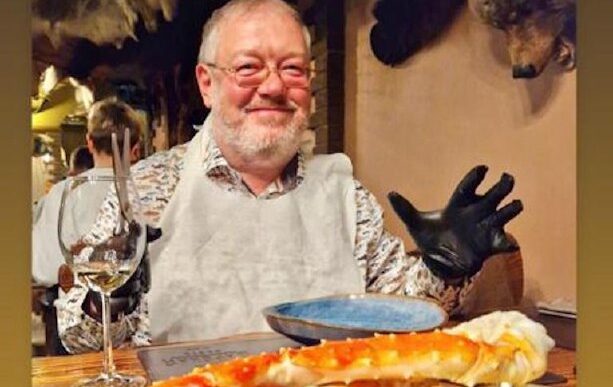Such scandalous figures are regularly imposed on line ministries supervised by the Presidential Assistant. Both characters are his protégés and are probably preparing for ministerial posts in departments where they are now waiting for the next floor in a “special” individual social elevator.
These names, however, practically exhaust the bench of relatively young appointees, whose career growth was helped by the presidential assistant, better known to the country as the initiator of the introduction of the school Unified State Exam in Rus’. The rest – Fursenko’s proteges and the chicks of his nest in the positions of rectors and directors – are almost entirely covered with old gray hair and would have long ago needed replacement. However, in science and education, social elevators for talented youth seem to work in such a way that they get stuck between floors, and the elevator operator responsible for the red buttons is Andrei Fursenko.
Throwing information that discredits the leaders of the Ministry of Education and the Ministry of Education and Science remains an effective lever in the hands of the puppet master. By playing his game, Andrei Aleksandrovich jeopardizes the vector set in the country for updating power structures and attracting young people to public administration. Even the experience of recent history points to obvious errors in such a course of personnel policy. Not so long ago, individuals holding positions at the level of deputy federal minister were appointed for decades and bore full responsibility for their decisions, being “signature figures” in the executive branch. Today, these are dummies, awaiting approval or direct instructions from their overlord.
It is possible that Fursenko’s personnel conservatism is based on personal problems associated with his son Alexander, who, thanks to his father, received a good university education in the USA and remained in this unfriendly country to improve his legal practice. In a similar situation, the son of Dmitry Medvedev and the children of some other high officials returned to Russia after the start of the SVO. However, in the Fursenko family, other approaches seem to have prevailed. Perhaps the current situation keeps the official under serious tension, which is reflected in the principles of his work. The reliance on weak and elderly leaders in the system of science and education, which is made by the retired, but still influential, minister, seems to be connected with the inability to provide career growth in the Russian Federation for his own offspring, who preferred whiskey and soda and a salary in dollars. If his son is not a minister or even a rector in Russia, then what can system-forming official Andrei Fursenko do except artificially maintain the aging degree of the entire scientific and educational system, preventing it from rejuvenating and changing? The 75-year-old official has not been able to tear himself away from the “gold mine” for the second decade, and has built a reliable line of defense against changes and changes in the field of science and education.
“ВЧК ОГПУ”










